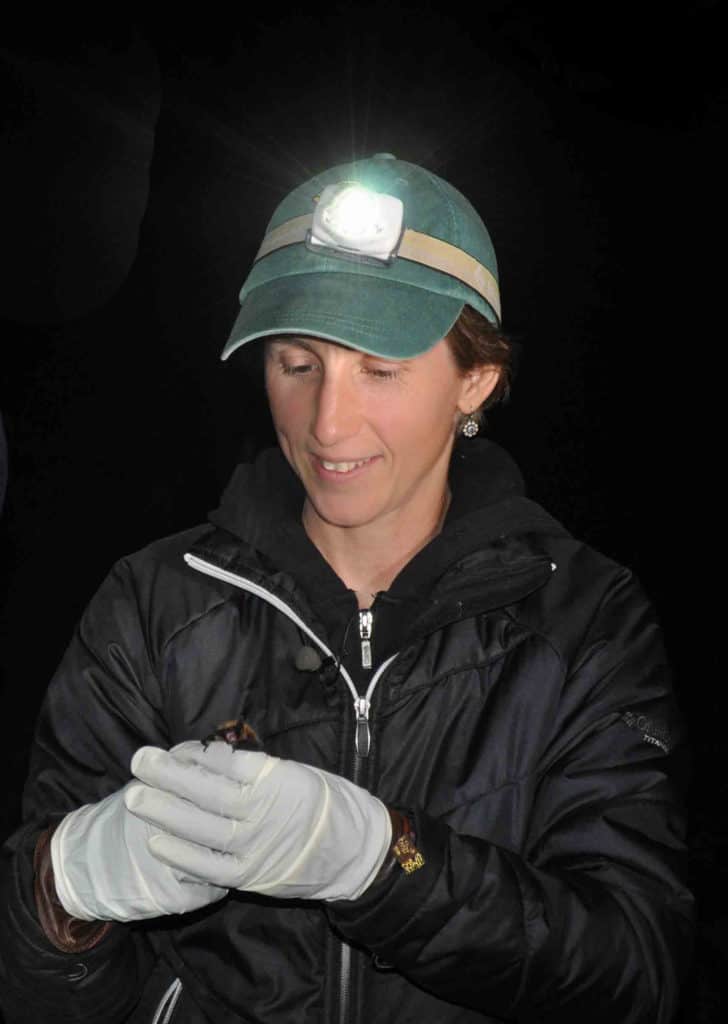
Bats are once again in the headlines, but not for the reason one might assume — they need help!
There is no evidence at this time that North American bats can transmit the virus causing Covid-19 to humans, according to the Vermont Fish and Wildlife Department. However, there is a very real and growing concern that humans could transmit the virus to the already vulnerable population of bats.
As a result, wildlife agencies across the United States and Canada are enacting safety measures to lessen the possibility of spreading Covid-19 to local animals, just as many veterinarians are doing with our pets. This includes temporarily postponing any activity that involves handling bats.
The goal is protecting our native bats and other vulnerable wildlife from reverse zoonosis, where infected humans transmit diseases to animals.
“Vermont is home to nine bat species, five of those are endangered or threatened,” said VTF&W Small Mammal Biologist Alyssa Bennett. “It’s important that we protect our local bat populations from infectious disease transmission by admiring them from a safe distance and by staying out of caves and mines where bats hibernate so we don’t disturb them or potentially expose them to this virus.”




